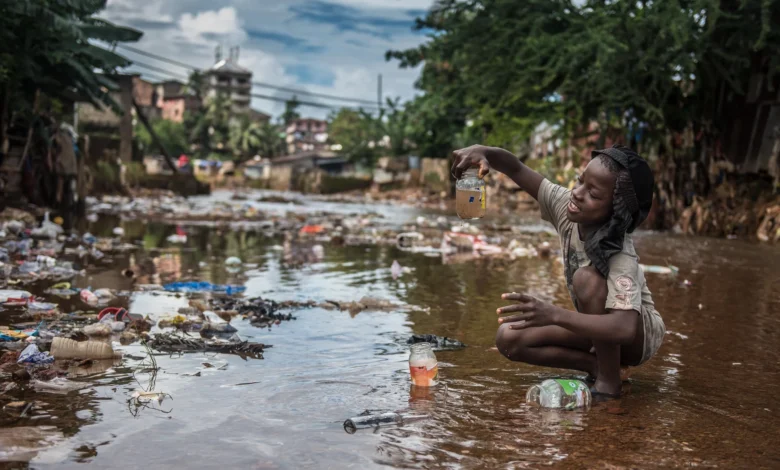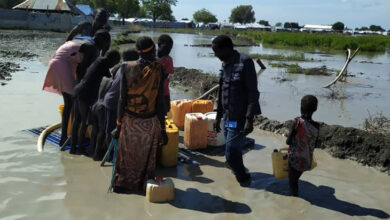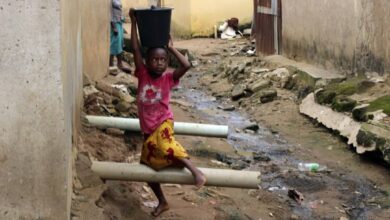Cholera Crisis: 40 Dead, 398 Infected as Outbreak Spreads Across Ghana
Poor Sanitation and Delayed Treatment Blamed for Rising Death Toll as Vaccination Campaigns Ramp Up

- Over 4,850 suspected cases recorded in five regions; 41 patients currently hospitalized
- Vaccination drive reaches 596,205 people in hotspot areas, but sanitation remains a challenge
- Fatalities linked to delayed treatment and poor hygiene practices like open defecation
A cholera outbreak that began in October 2024 has claimed 40 lives and infected 398 people across five regions in Ghana, according to the Ghana Health Service (GHS).
The latest data reveals 41 patients are currently receiving treatment in hospitals, with La Dadekotopon in the Greater Accra Region recently joining the list of affected districts. Over 4,850 suspected cases have been recorded in the Greater Accra, Eastern, Central, Ashanti, and Western Regions, with 96 new suspected cases and 29 confirmed infections reported between December 26 and 31, 2024.
The outbreak has affected 48 districts, with a Case Fatality Rate of 1.2%. Delayed reporting of symptoms has been identified as a major cause of fatalities, as many patients attempt self-medication or seek medical help days after the onset of symptoms.
Dr. Dennis Laryea, Head of Disease Surveillance at GHS, highlighted successful completion of phase two of the Oral Cholera Vaccination campaign in four hotspot districts within the Western Region, vaccinating 596,205 people. However, challenges such as poor sanitation, open defecation, and lack of clean water continue to drive infections.
Public health authorities urge citizens to adopt preventive measures, including regular handwashing with soap under running water, using treated water, and seeking immediate medical attention if experiencing cholera symptoms like profuse diarrhoea and vomiting.
The outbreak marks a troubling resurgence after Ghana reported no significant cholera outbreaks between 2017 and 2023, though sporadic cases were noted. Cholera, caused by the Vibrio cholerae bacterium, is a preventable disease often linked to inadequate water and sanitation infrastructure. Without timely treatment, severe cases can lead to fatal dehydration within hours.
The Ghana Health Service continues to stress the importance of hygiene and public health interventions to curb the spread of the disease.





